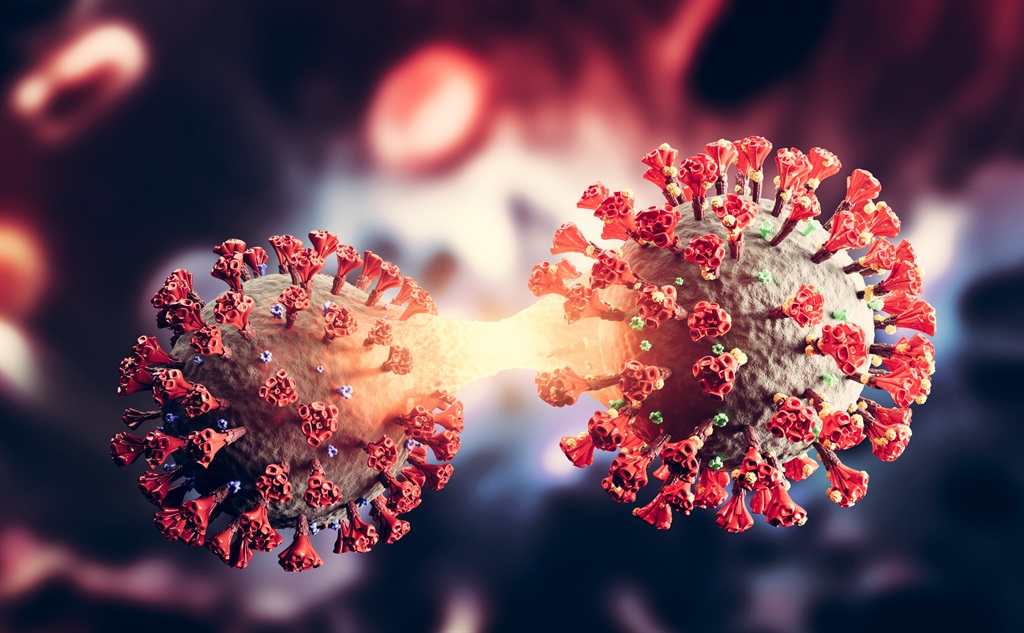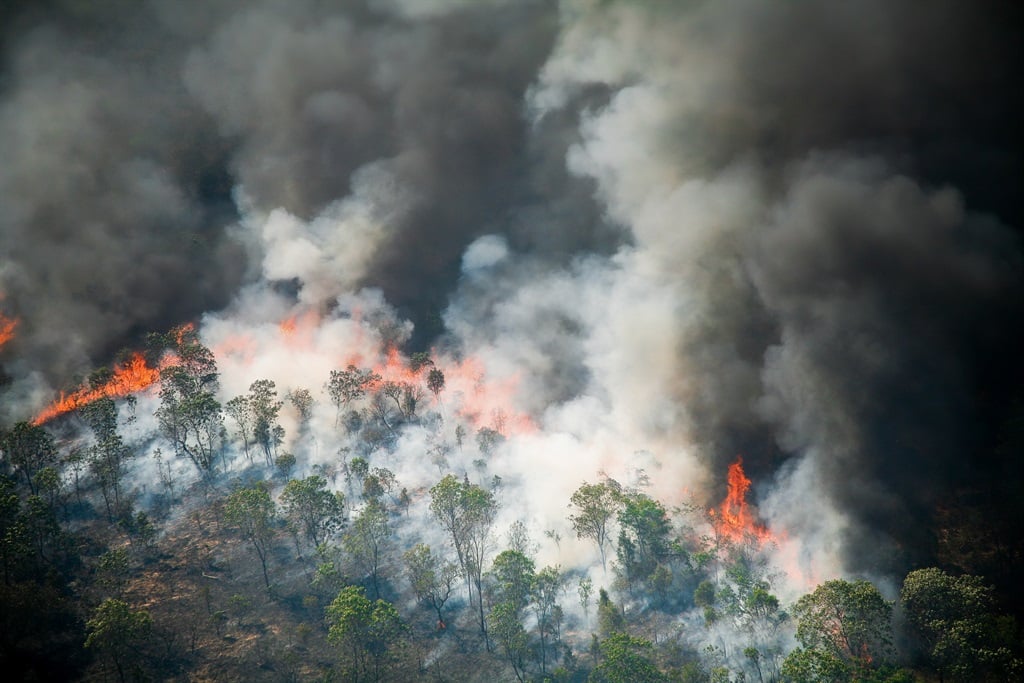
Health officials from around the world, as they gather to discuss a treaty addressing pandemic prevention next week, are struggling to agree on funding for developing countries and measures to thwart jumps by pathogens from animals into humans.
The meeting, starting in Geneva on Monday, is part of ongoing negotiations by the decision-making body of the World Health Organisation to tackle pandemic threats in a legally binding accord. Representatives from as many as 194 member countries could take part.
READ: Finding a workable pathway to NHI
Among the sticking points, according to more than a dozen people familiar with the discussions, are costs of measures meant to address the risk of pathogens emerging from wildlife.
Risk factors, many of which disproportionately affect the developing world, include deforestation, climate change, rapid urbanisation and the wildlife trade.
Previous discussions on the proposed treaty, which began two years ago, have centered on preparedness of health systems. The discussions next week, by contrast, are meant to focus on prevention. Many health experts say that finding ways to stop potential pandemics before they can emerge is as crucial as any amount of readiness for when they do.
Chadia Wannous, a global coordinator at the World Organisation for Animal Health, a France-based intergovernmental body involved in the treaty discussions, said:
In May, Reuters published an exclusive global analysis of environmental risk factors associated with zoonotic spillover, the term used by scientists to describe a leap by a pathogen from animals into humans. Spillovers are the leading source of infectious diseases in humans.
The pathogens that cause Covid-19, Ebola, Nipah and other deadly illnesses are caused by or closely related to viruses found in the wild, particularly among some tropical bats.
Reuters' analysis found that the number of people living in areas at high-risk for spillover, mostly tropical locales rich in bats and undergoing rapid urbanization, grew by 57% in the two decades ending in 2020. Nearly 1.8 billion people, or one of every five on the planet, now live in these areas.
The governing body of the World Health Organization, or WHO, chose delegates from each of its six administrative regions worldwide to lead the negotiations. The delegates have met periodically with representatives of member countries and are tasked with forging an agreement by May 2024.
But governments remain divided, failing to agree on some of the basics needed to strengthen health systems worldwide. Those basics, all issues that hindered a coordinated global response to the COVID-19 outbreak, include the sharing of information, costs and vaccines.
READ: Health in 2023 – 13 things to look out for
The divisions arose anew in June, when the European Union negotiated new agreements with pharmaceutical companies to reserve vaccines for future pandemics. The agreements led critics to accuse the bloc of "vaccine apartheid."
"The trust between higher and low-income countries has plummeted," said Lawrence Gostin, who is director of the WHO Collaborating Center on National and Global Health Law and involved in treaty discussions.
The disparity between rich and poor countries at present is noted in the very first paragraph of the proposed treaty to be discussed in Geneva. The draft cites "the catastrophic failure of the international community in showing solidarity and equity in response to the coronavirus disease."
SHARED CONSEQUENCES
Despite broad consensus on the need for pandemic prevention, negotiators remain divided when it comes to specifics. Ahead of next week's meeting, according to officials interviewed by Reuters, the biggest sticking point remains financing for poor countries.
Already struggling for resources to strengthen their public health systems, governments of developing nations need even more funds if they are to invest in prevention. That could include measures like improved surveillance for emerging diseases, efforts to combat deforestation and more oversight of development in areas that could be prone to new spillover.
At present, such measures are proposed in the treaty through a concept known as "One Health," outlined by the WHO and other international agencies in a 2022 "plan of action." The concept links human wellbeing to that of animals and the environment. The US and the EU have both said they support the inclusion of "One Health" provisions in a pandemic treaty.
But as a far-reaching and sometimes abstract concept, "One Health" measures could be costly to put into practice.
Gostin said:
Nearly all of the highest-risk areas identified by the Reuters spillover analysis are in low- and middle-income countries across Asia, Africa and Latin America. But much of the deforestation and development in these areas is driven by demand for minerals, food and other raw materials among wealthier countries.
The shared responsibility – not to mention the shared consequences – should mean shared expenditures, some officials argue. "It should be in everyone's combined interest to find solutions, for it not just to be the problems or financial problems for low income countries," said Maria Van Kerkhove, an infectious disease epidemiologist who is the head of the WHO's emerging diseases unit.
The Reuters analysis identified high-risk areas by pairing the locations of 95 bat-linked spillovers with billions of ecological observations, including concentration of bat species, land surface temperatures and tree loss around the locales where the outbreaks began. The analysis then identified areas around the globe where ecological conditions are now similar.
When broken down by WHO's six administrative regions, the analysis found that more than 99% of the world's riskiest areas are in the Americas, Africa, Southeast Asia and the Western Pacific.
A Brazilian government official involved in the negotiations, who asked not to be identified, told Reuters the South American country is one of those concerned about fair sharing of costs for prevention. "Ninety-nine percent of the obligations related to surveillance will fall on developing countries," the official said.
Brazil leads the Americas delegation in the ongoing deliberations. The country's support, people close to the negotiations told Reuters, is crucial if measures geared toward prevention are to make it into a final draft of the treaty.
Like any country, however, Brazil has its own interests to defend, including those of its massive cattle industry, the world's largest exporter of beef.
Not only has that sector played a major role in Amazon deforestation, but it also could be affected by calls from wealthier countries for the treaty to address the issue of antibiotic-resistant infections. Like ranchers in most major cattle producers, Brazil's beef industry widely uses antibiotics that many scientists say contribute to resistance among bacteria.
Despite such differences, Brazil's delegation remains committed to working toward an agreement.
"Prevention is definitely one of the most cost-effective measures," the official said. "It's undeniable both in terms of human lives, which are the most important thing, but also in terms of financial resources."




 Publications
Publications
 Partners
Partners










